A delegation representing 60 solar recycling and clean energy stakeholders are in day two of talks with federal ministers to petition a mandatory product stewardship scheme for the solar circular economy.
Asking for a $10 per panel fee, which delegation lead Smart Energy Council says would create certainty for the panel recycling industry given it’s ability to mine precious resources from decommissioned modules, of which 5% are currently recycled.
The group says the government has failed to act on delivering a sustainable stewardship ecosystem, including design, reuse, recycling, and remanufacture.
The peak industry, business, union, local government, community and environmental group organisations are presenting a joint statement to the government, calling on it to capitalise on the productivity, economic and social opportunities, the solar module circular economy represents.
“Through recovery of solar PV panels, Australia has a $6.5 billion (USD 4.2 billion) opportunity to bolster the nations’ critical mineral resource security, while creating innovation, new domestic industries, manufacturing, and jobs,” the joint statement reads.
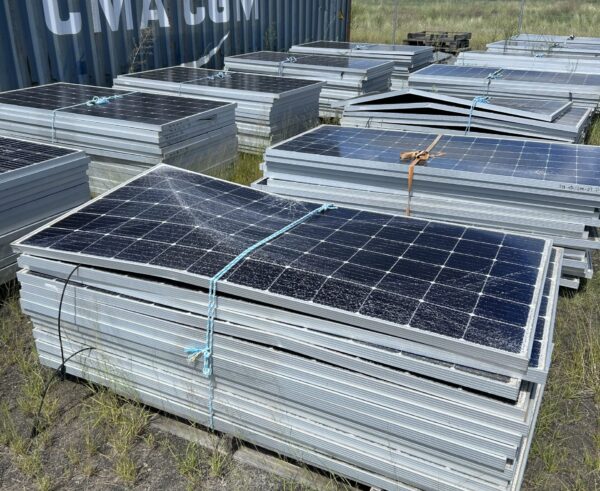
Image: Smart Energy Council
The Smart Energy Council says it is buoyed by the opportunity to engage with government, however, note discussions on the issue have been ongoing since the government took power, and the time for talk is over.
Smart Energy Council Chief Executive John Grimes said there is an escalating solar panel waste crisis looming, with serious environmental and social impacts set to follow.
“Panel decommissionings are set to double, and a recycling industry that has invested heavily on the promise of a national product stewardship scheme will stagnate and decline, with associated job losses, after a decade of policy inaction,” Grimes said.
“Time is up, and Australia’s renewable energy sector stands ready to act. This is a resource solution, rather than a waste problem.”
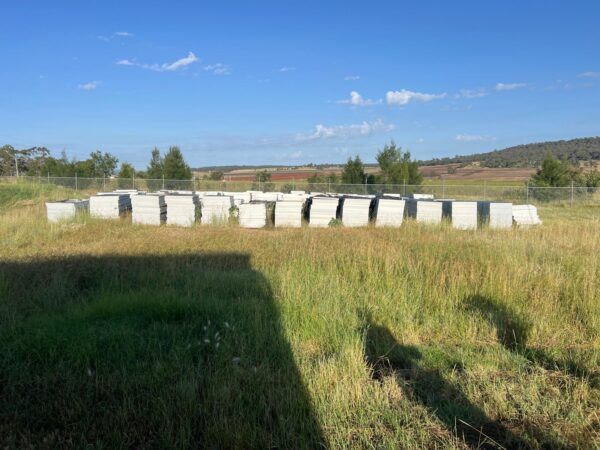
Image: Smart Energy Council
Co-signee of the joint venture, RE-Alliance National Director Andrew Bray said Australia has the solutions to recycle the majority of renewable technologies.
“Regional communities want assurances that renewable projects will be managed well at the end of their life. As well as being an important environmental consideration, materials reuse and recycling can provide new economic opportunities for local industries,” Mr Bray said.
“Our recent deep dive into retirement age renewables shows these projects are highly recyclable. More than 95% of solar panels can be recovered and reused or recycled in Australia if the federal government delivers a system that includes all elements of the process: design, reuse, recycling and manufacturing.”
On September 4, representatives met with federal Minister for Regional Development, Local Government and Territories Kristy McBain, and Senator Whish-Wilson.
Talks kicked off on 3 September with the Prime Minister’s Office, the federal Minister for Climate Change and Energy Chris Bowen, Assistant Minister for a Future Made in Australia Tim Ayres and Minister for the Environment and Water Senator Murray Watt.
This content is protected by copyright and may not be reused. If you want to cooperate with us and would like to reuse some of our content, please contact: editors@pv-magazine.com.
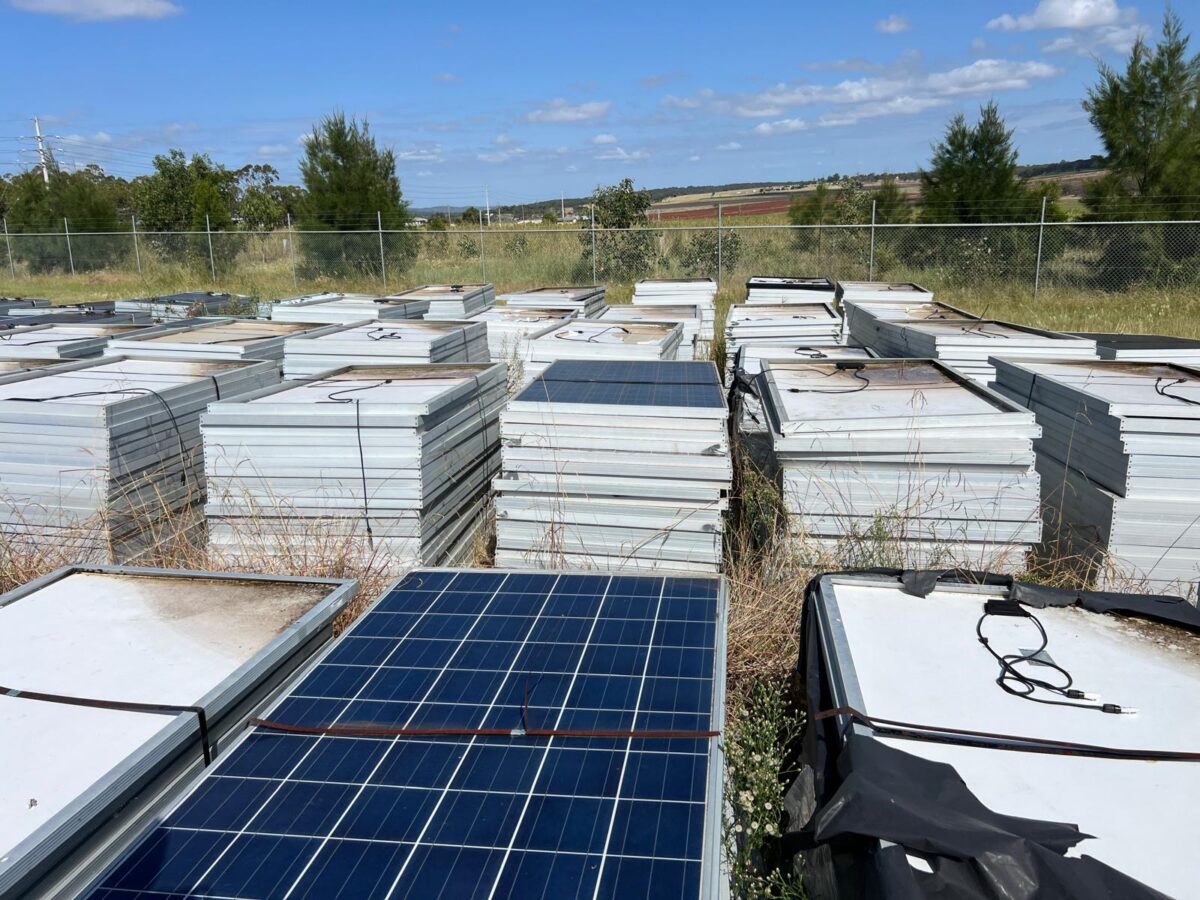
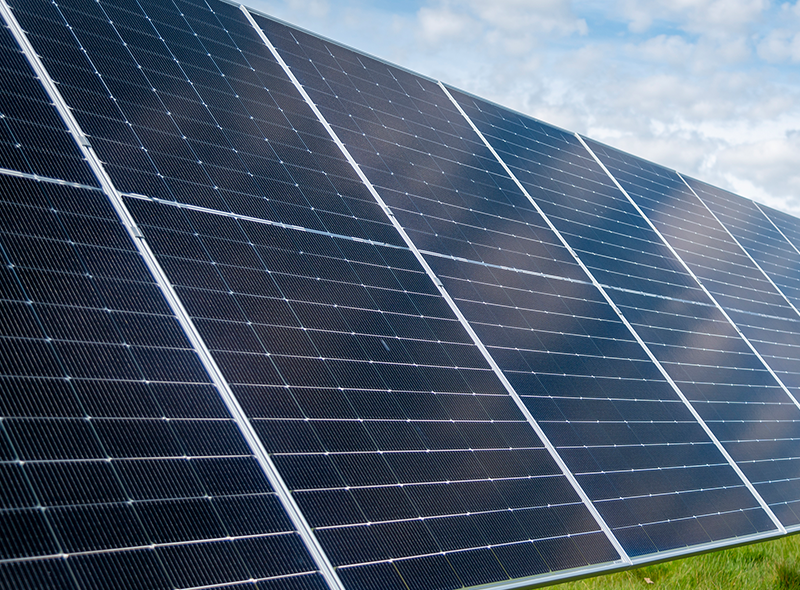


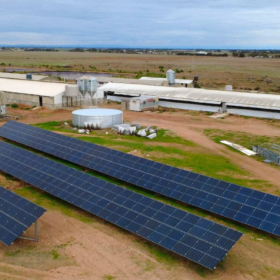
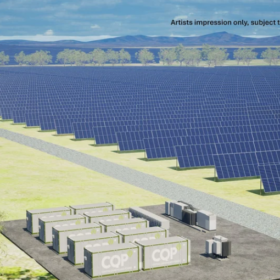
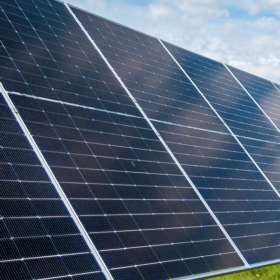

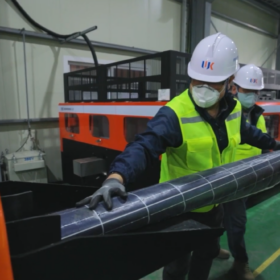
1 comment
By submitting this form you agree to pv magazine using your data for the purposes of publishing your comment.
Your personal data will only be disclosed or otherwise transmitted to third parties for the purposes of spam filtering or if this is necessary for technical maintenance of the website. Any other transfer to third parties will not take place unless this is justified on the basis of applicable data protection regulations or if pv magazine is legally obliged to do so.
You may revoke this consent at any time with effect for the future, in which case your personal data will be deleted immediately. Otherwise, your data will be deleted if pv magazine has processed your request or the purpose of data storage is fulfilled.
Further information on data privacy can be found in our Data Protection Policy.